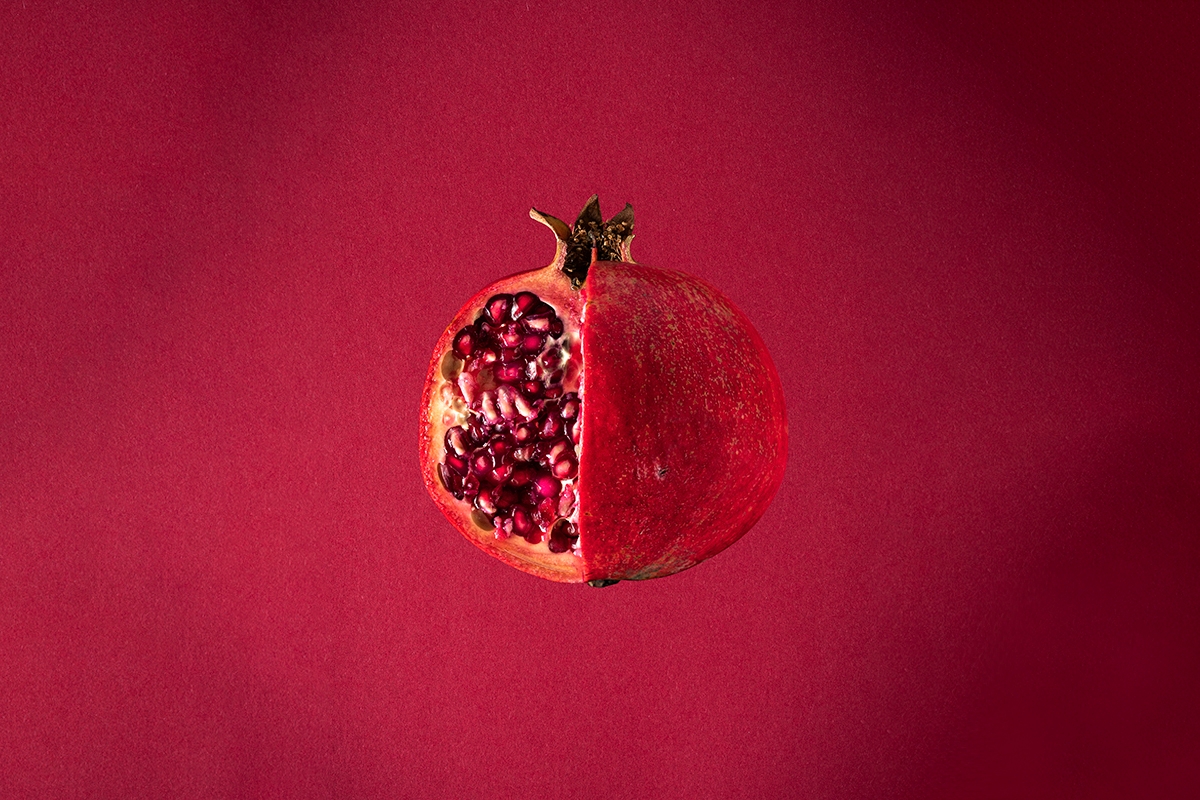Before our first child was born, my husband and I consulted baby name books, family names, and even had a spreadsheet (OK, the spreadsheet was my husband’s doing). We settled on a girl’s name that honored my uncle Julius, and a Hebrew name — Rifka — that honored my Aunt Reba.
When that same child, who had been assigned female at birth, stated at age 18 that he identified as male and wanted to change his name to James accordingly, I was happy he kept the J, in recognition of the man for whom he was named, even though a small part of me mourned the loss of the name we had chosen so carefully for him. I was surprised at how quickly Jamie, his chosen nickname, tripped off my tongue as easily as his previous name did.
Soon a journey ensued, one that included a legal name change, a new license, passport and social security card, and finally, top surgery this past summer. But it was the last step in that journey that proved the most meaningful for our family: On December 30, 2022, Rabbi Sapphire at Temple Beth Elohim in Wellesley, Massachusetts gave our son the new Hebrew name of Rimon.
Jamie’s first Hebrew naming ceremony was a small service in our home with a rabbi we barely knew. We had just moved back to the United States from Singapore, where we had been living for a year and a half because of my husband’s job, and where Jamie was born. I came home pregnant and five months later we had our second child, Jack. We decided to have a naming ceremony for both children at Jack’s bris. The rabbi said some nice words about the meaning of both children’s Hebrew names (both named for beloved relatives) but in my post-birth exhaustion, that’s about all I remember about the event.
I was far more alert and well-rested for the second naming ceremony 20 years later. I had proposed the idea of selecting a new Hebrew name to Jamie after hearing from a dear friend about another child who had had a Hebrew “renaming” ceremony. I had not heard of our temple doing such a ceremony before, but I belong to a loving and vibrant synagogue with extremely approachable clergy. I emailed my rabbis, whose response was immediate and warm. They shared both their personal experience with trans people close to them and their willingness to conduct the ceremony whenever and however we would like. We could do the naming as part of a Friday night Shabbat service, as often happens with the babies of the congregation, or we could do a private ceremony.
My son has never been one to bask in the public eye, so we decided on a private service in the sanctuary before a Friday night service. Meaningfully, the rabbi who led his bat mitvzah would be the one to lead this service.
Unlike the first naming ceremony, I did not get to choose the name. Babies, after all, are a lot less articulate about their opinions than 21-year-old adults. I was pleased that Jamie wanted to keep the R from Rifka when choosing his new Hebrew name, but all my other efforts to influence the process were rebuffed. Jamie met with the rabbi and came away with a list of possible names. At the same time, I called a friend of mine who speaks Hebrew and came away with my own list, which was promptly rejected. But I knew that the name Jamie chose had to have meaning for him, not just for me. And it only felt right that this time around, he was the one in control. In the end, he chose the name Rimon, meaning “pomegranate,” symbolizing new beginnings.
The service itself was more powerful than I expected. Although being Jewish is an important part of who I am, I’m also the kind of Jew who rationalizes eating bacon during Passover by saying “well, it’s not leavened.” When I had first proposed the idea, changing Jamie’s Hebrew name felt a little like checking the last box on a list of items to properly identify him. And yet, as our family huddled around the ark on the bimah, as the rabbi pulled us close and talked about what Jamie’s new name meant, and as Jamie explained why he picked it, I found myself tearing up. Standing in the same spot where he became a bat mitzvah felt significant. That first ceremony may have marked Jamie’s entrance into Jewish adulthood, but this one did so on Jamie’s own terms, after becoming the adult he was truly meant to be. Afterward, Jamie remarked how happy he felt to be affirmed in a specifically Jewish context.
In many ways, Jamie’s journey has been intensely personal and private. He could have simply picked a new Hebrew name without the ceremony, as he did for his new English name. But it felt meaningful to me that the last step we took on this journey was this temple (re)naming ceremony. Community is the essence of why we pray together and not alone. Even though I didn’t realize it until it happened, I’m so grateful that my Jewish community was ready to embrace and participate in my son’s journey. And I know this time around, I’ll remember every moment of it.








